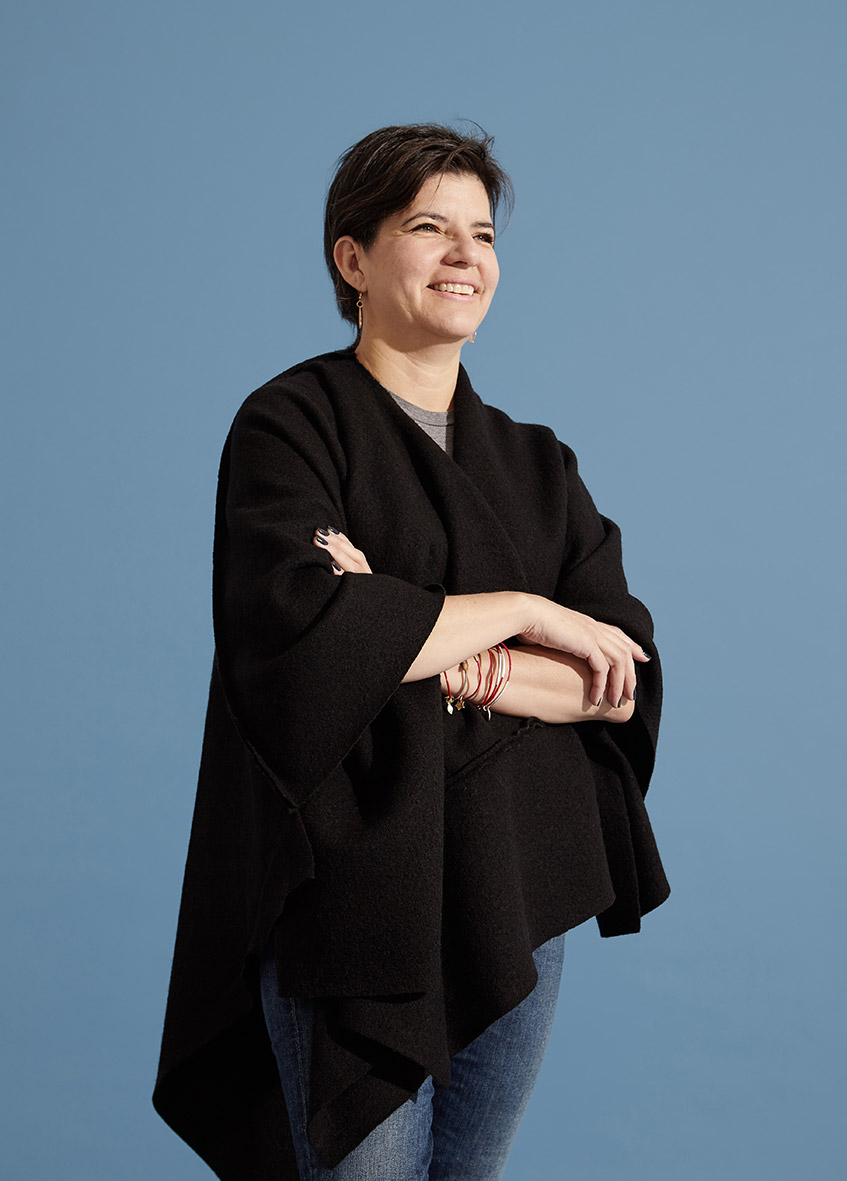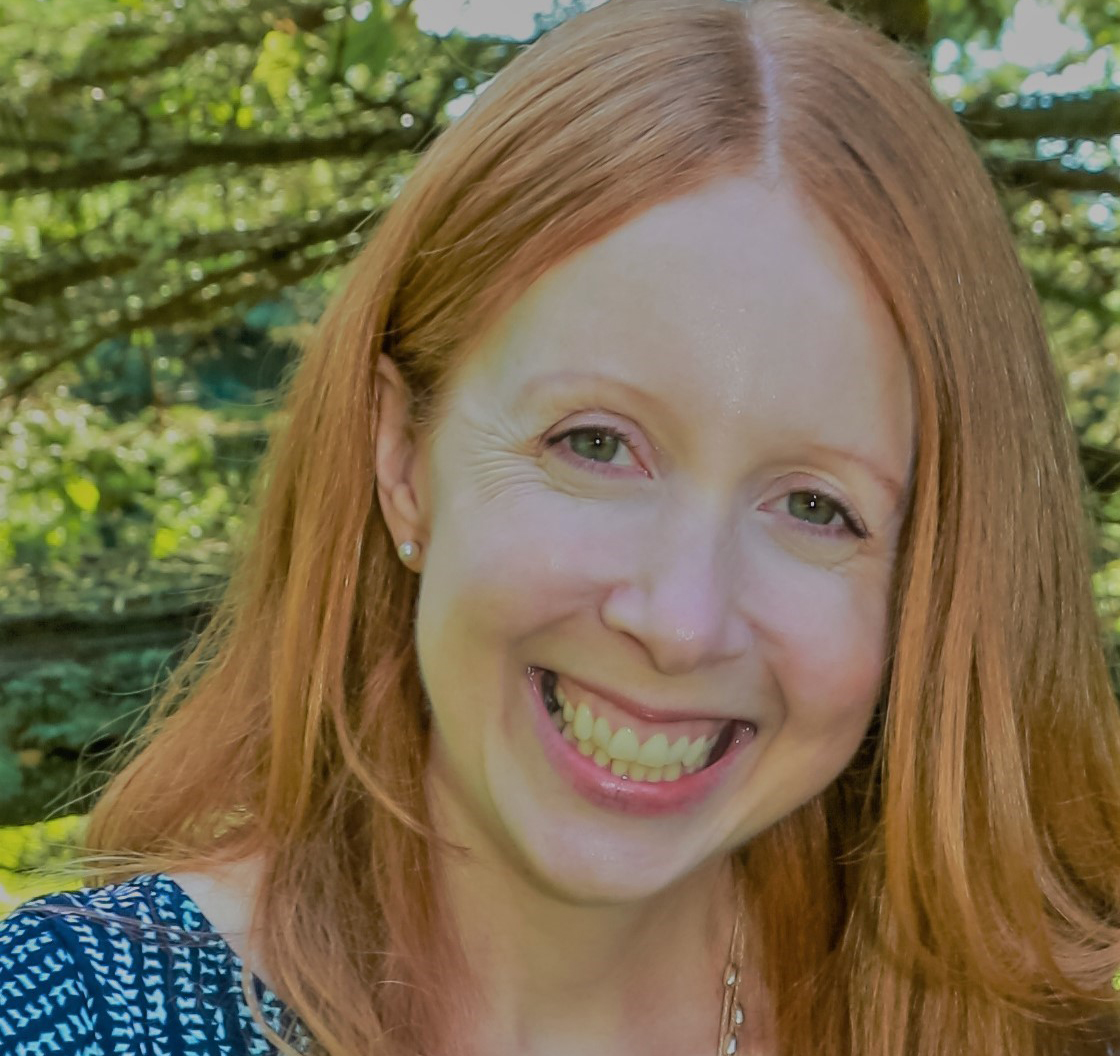When Natasha* was pregnant last fall, she had the usual worries of an expectant parent, plus one most never have to endure: that her newborn would be taken from her. “I was so scared about my baby being apprehended,” says the 30-year-old Ojibwe woman, who had no permanent home at the time and whose three older children were in foster care. Today, thanks to her participation in an Indigenous-led research project involving U of T professors, Natasha and her baby girl are living in a two-bedroom apartment in Toronto’s Regent Park neighbourhood.
“I was living with my mom temporarily when I joined the study,” she says. “I’d ended a nine-year abusive relationship that had caused my kids to be put in care, and I had nowhere else to go.” Researchers at the Baby Bundle Project matched Natasha with a wellness worker from Seventh Generation Midwives Toronto. The two worked together to identify her urgent needs, which included housing and money to buy medication, and created a plan to prevent her baby from being apprehended. “She made me a very high priority because time was running out,” says Natasha. “I took possession of my place one day after my daughter was born.”
Researchers created the Baby Bundle model to deliver culturally sensitive, holistic support to Indigenous women during pregnancy, birth and the six months after birth. Wellness workers arrange for the services that clients have identified as priorities, which may include Indigenous midwifery, counselling and addictions treatment. The reality is that many Indigenous women and families want, and need, more support than better resourced non-Indigenous families do, says Sara Wolfe (MBA 2017), an Indigenous midwife and founding partner of Seventh Generation.
“The impact of colonization and intergenerational trauma is very real. Whether it’s mental-health challenges and substance abuse or family instability growing up, some Indigenous women haven’t been equipped with the basic skills needed to care for infants. Or poverty prevents them from providing the necessities. We know that almost nine out of 10 Indigenous people in Toronto are living in poverty. How do these moms access the simple things like medicine and clothing for their infants, or find support from family and friends who are also living in poverty, let alone secure adequate housing?”
The aims of the project are to reduce the number of Indigenous babies who are put into foster care and to close the gap in maternal and child health between Indigenous and non-Indigenous families. In Canada, almost eight per cent of children under the age of 14 are Indigenous, yet they represent more than half of those in foster care, according to 2016 census data. Former federal Indigenous Services Minister Jane Philpott (MPH 2012) has called this situation a humanitarian crisis.
In the beginning, we gathered oral histories and teachings from the grannies and Elders to learn traditional stories and to learn about how we knew what makes a baby well.
Patricia O’Campo and Dr. Janet Smylie, both professors at U of T’s Dalla Lana School of Public Health, are leading the Baby Bundle project with a team of Indigenous researchers and community partners. Fifty pregnant Indigenous women will receive the Baby Bundle care model over approximately two years. Six months after participants give birth, the researchers will assess outcomes such as the mother’s and baby’s health and whether there’s been any involvement with a Children’s Aid Society. “We know there’s profiling going on in the health-care and child-welfare systems,” says O’Campo. “The Baby Bundle Project alone won’t solve this problem, but I’m doing this research because I have hope that it will help get that number down.”
The move to provide better care for Indigenous mothers and their infants has its roots in more than a decade of research collaboration between Seventh Generation Midwives Toronto and Well Living House, a research centre at St. Michael’s Hospital that helps Indigenous families. Wolfe, who is Ojibwe, has been a midwife since 2002 and a nurse since 1997. While she was a nurse, she met Smylie, then a family doctor who practised obstetrics. “In the beginning, we gathered oral histories and teachings from the grannies and Elders to learn traditional stories and to learn about how we knew what makes a baby well,” says Wolfe. “Today, many of those teachings form a basis for the Baby Bundle Project.”
Some of the project participants are aware of those teachings and want to incorporate them into their care plan, while others are not aware, says Wolfe. “We share the teachings to empower women to reclaim them.” She cites the example of smudging, which involves burning sacred herbs, during labour. “This practice is meant to make mothers feel good about what they’re doing for their babies, which instils confidence and helps with bonding.”
Indigenous women hear about their deficits too often, says Wolfe, so the project emphasizes the existing strengths in the Indigenous community. “We get told that we’re unhealthy, uneducated, unemployed and bad parents all the time. What I love about this study is that we’re bringing together all the amazing Indigenous teachings, social networks and services to create better bundles of knowledge, supports and wisdom for our mothers and children.”
Natasha’s baby is a few months old now and she is hoping to be reunited with her other children sometime this year, but she still calls her wellness worker when she needs help, advice or a sympathetic ear. “All we’re doing is meeting women where they are and partnering with them to navigate a network of services,” says Wolfe. “This isn’t rocket science. If we support people who need extra layers of support, we’ll build stronger families.”
*Natasha’s last name has been withheld at her request.
The Baby Bundle Project is supported by a $2.6-million grant from Merck for Mothers to U of T’s Dalla Lana School of Public Health and to Well Living House. The Waakebiness-Bryce Institute for Indigenous Health, which was created in 2014 with a $10-million gift from Dr. Michael and Amira Dan, is a partner in the Baby Bundle Project.






